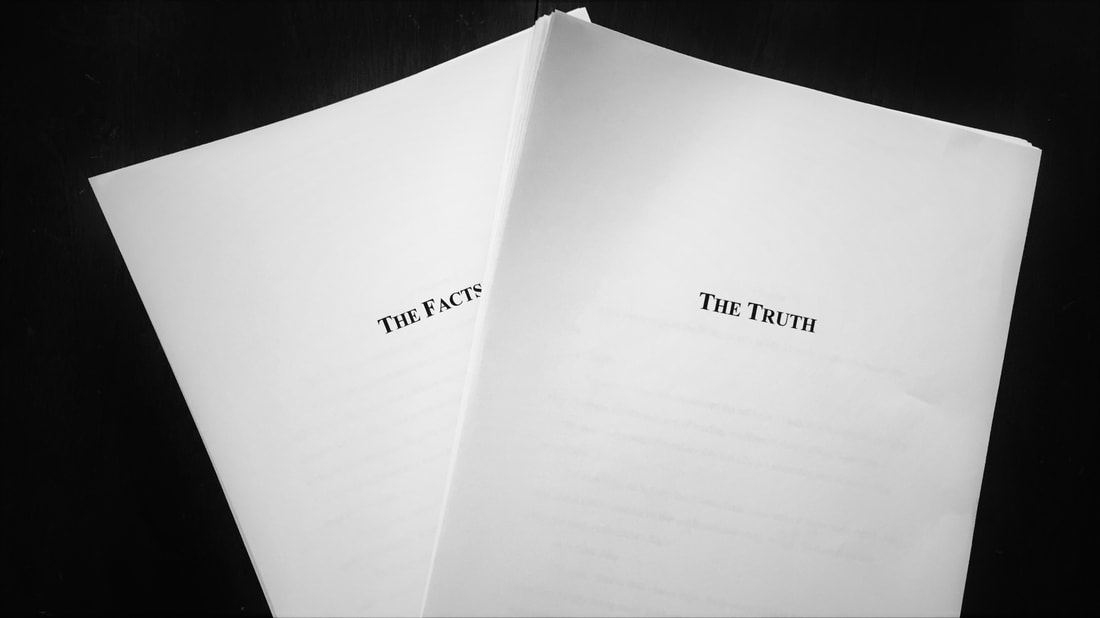|
First, some down-and-dirty definitions… Memoir: A written chronicle of your memories of what happened to you (hence the name), either during a select period of your life or the entirety of it. What makes it work: Delineation of the facts around your life—as best you can recall—filtered through your unique perspective… all hopefully bundled up in an interesting fashion. Novel: A story constructed by you, with characters, settings, and events (and responses to them) chosen specifically to yield a compelling story. Ideally written in a way that makes it emotionally meaningful for the reader. What makes it work: Connecting with the reader via your chosen characters and events, and hopefully crafted such that it gets at a bigger truth which will resonate with others. I think we all know the fundamental difference between these—at least intellectually—yet we frequently see early writers negatively impacted by conflating them.* [*I don’t know how many times I’ve seen an aspiring writer talking to a group about their WIP plot and someone says, “What if you…?” and the writer doesn’t respond with, “I like that” or “It doesn’t really work for what I’m trying to say,” but instead says, “But that’s not the way it happened!”] I think some of this comes from confusing inspiration with source material. Many of us—especially with our early stories—are inspired by events that either happened to us or happened to others we know. This makes sense—we likely have an emotional connection to these events since they happened to us or people close to us—and we’re familiar with the specifics, so we can write those events with some verisimilitude. This is all good—great, even—as far as it goes. Especially the part about the authenticity that comes from writing from personal experience. The issue arises when the writer somehow thinks she needs to write it the way it happened. Either through (a) the belief that “the way it really happened” is somehow a stronger story than the one she could concoct, or (b) some sort of loyalty to the actual facts around the inspiring incident. Let’s deconstruct these… (a) The problem here, of course, is that reality rarely follows a compelling, tightly-plotted story line. Simply because something “really happened” does not automatically make it more believable or real or compelling or resonant. These factors come from the value-added contributions of the writer, who makes the story more compelling, etc., through her story-telling, craft, and hard work. (b) If you feel a sense of loyalty compelling you to tell the story as it happened, that’s great! Write a memoir (if it happened to you) or a non-fiction work (if you’re not personally involved in the events). Either of these will be stronger due to your fealty to the facts as they occurred. But I’d advise against writing a novel. Because a novel is creative truth-telling through lying. And “sticking to the facts” here can weaken—if not flat-out kill—the larger truth. (By robbing the novel of one of its special powers, as we’ll see below.) So that might be what not to do. But what should we do? We can use the actual events to inspire a story, to give us a jumping-off point, to motivate us to write the wonderful/amazing/romantic ending that should have happened… or maybe to write the one that would have been terrifying had it actually occurred. Or let justice prevail… let the bad guy get his comeuppance in a poetically satisfying way. Or start with the bare beginning of the factual events and take it in a completely different direction. Or simply use your familiarity with the broad setting and events to add authenticity and detail to all those small little scenes in what is an otherwise wholly constructed tale. Any of these will allow you to fold your personal experience and knowledge into your fictional story and up the “feels real” quotient without being boxed in by “how it really happened.” Because at its heart I think one of the hidden powers of a novel is that it allows you to take some small fact about the human condition—whether funny or sad or scary or romantic or thrilling—and amplify it in a way that speaks to a larger truth. And being chained to the bare facts yanks the amplifier’s plug out of the wall, leaving your story without the power it could have had. It’s a common belief among editors (because it’s largely true) that many early novels are autobiographical in some way. That’s fine. I’ve done it, most authors I know have done it, and you’ve probably done it (or will do it) too. All to the good… our experiences can be strong inspiration and make things feel more like actual lived experience to the reader, as discussed above. But we should use them as a springboard to take our story wherever it wants to go, not as gutters to keep it within a narrow lane. Factual events can inspire your novel, but don’t make the mistake of thinking they’re the source material. They’re not. The source material is what’s in your heart. Happy lying... happy truth-telling!
0 Comments
Leave a Reply. |
The Craft and Business of
|

 RSS Feed
RSS Feed